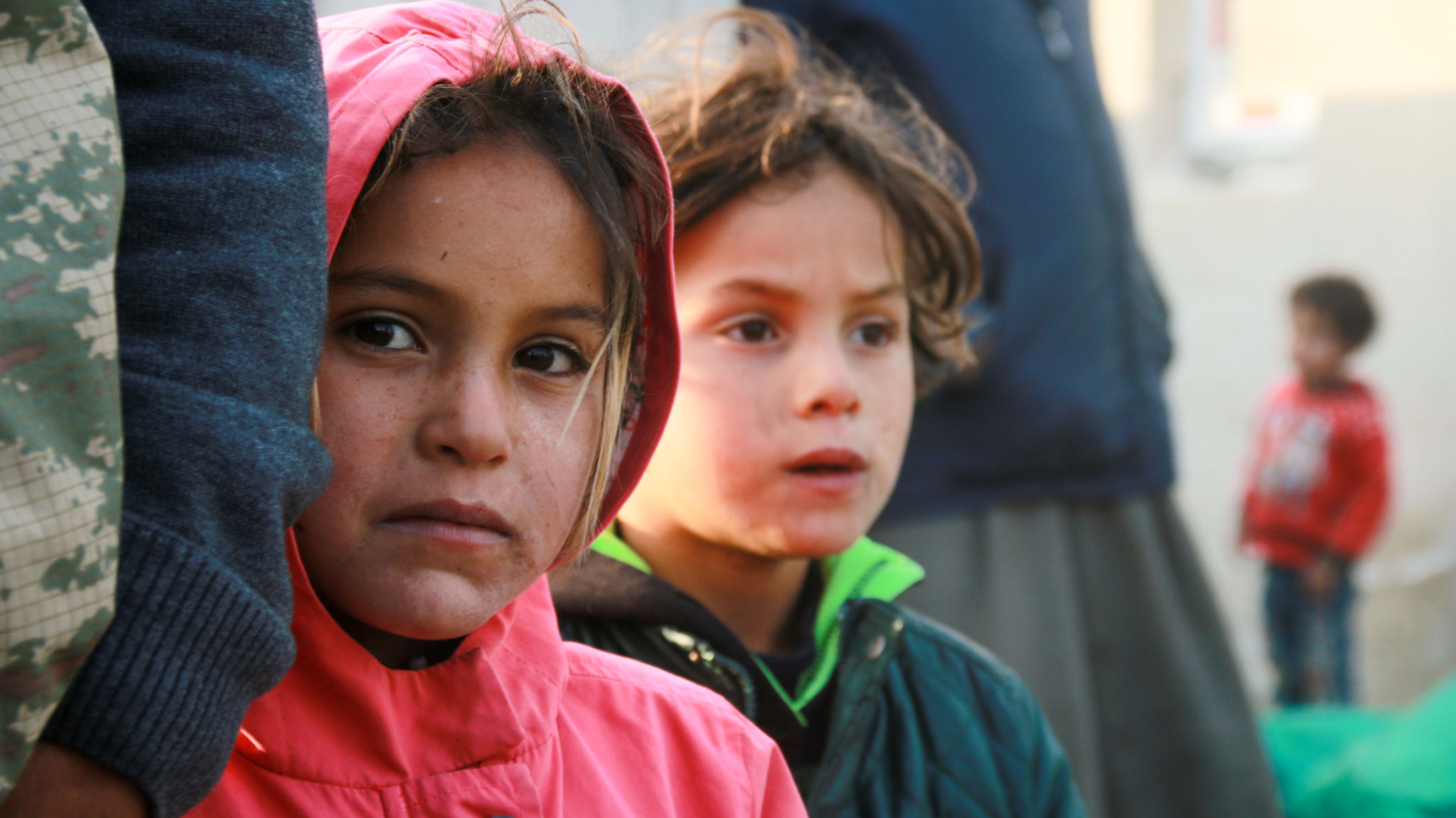Top Challenges Faced by Refugee Youths and How Training Can Help
Understanding the Challenges
Refugee youths face unique challenges as they adjust to life in a new country. The journey of resettlement is often fraught with difficulties that can hinder their development and integration into society. These challenges can range from language barriers to cultural differences, and from educational disruptions to social isolation.

Language is one of the most significant barriers. Many refugee youths arrive in their host countries without a strong command of the local language. This makes it difficult for them to communicate, access services, and succeed in school. The inability to express themselves can lead to frustration and feelings of isolation.
Educational Disruptions
Another major challenge is the disruption to their education. Many refugee youths have experienced interrupted schooling due to conflict or displacement. This can result in gaps in their knowledge and skills, making it hard for them to catch up with their peers. Moreover, adjusting to a new educational system can be a daunting task.
Furthermore, the trauma of fleeing conflict and losing loved ones can impact their mental health, affecting their ability to focus and learn. Refugee youths often need additional support to address these psychological challenges and build resilience.

The Role of Training Programs
Training programs tailored for refugee youths can play a vital role in addressing these challenges. Language classes are essential in helping them improve their communication skills, which is crucial for integration into the community and academic success. By gaining proficiency in the local language, they become more confident and independent.
Enhancing Educational Opportunities
Educational support programs that offer tutoring and mentoring can help bridge the gaps in their knowledge. These programs provide personalized assistance, enabling refugee youths to catch up with their studies and gain a deeper understanding of the curriculum. Additionally, they offer a sense of belonging and community.

Vocational training is another area where refugee youths can benefit significantly. By learning practical skills that are in demand in the job market, they increase their employability and economic independence. This not only benefits them personally but also contributes positively to the host country’s economy.
Building Social Connections
Training programs often include social activities and peer interaction, which are essential for building social connections. These activities help refugee youths develop friendships, learn about cultural norms, and feel more integrated into their new environment. Social connections are crucial for mental health and well-being.
In conclusion, while refugee youths face numerous challenges, targeted training programs can provide them with the tools they need to overcome these obstacles. By focusing on language acquisition, educational support, vocational training, and social integration, these programs empower refugee youths to build a brighter future for themselves.